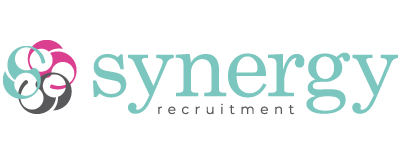What is the Difference Between an Executive Assistant (EA) and a Personal Assistant (PA)?
For Managing Directors and Senior Leaders, having the right Executive Assistant or Personal Assistant by your side is essential. While these titles might seem interchangeable, they each bring a unique skill set to the table. Both are invaluable assets to any business leader, but their responsibilities and scope differ significantly.
Executive Assistant (EA)
An Executive Assistant works closely with top Executives, such as Managing Directors and CEOs. They are tasked with a wide range of responsibilities that are directly related to the Executive they support. This often includes strategic planning, maintaining and monitoring budgets, scheduling meetings, preparing reports, and even participating in decision-making processes. EAs are expected to have a deep understanding of the business, excellent communication skills, and the ability to anticipate and address the Executive’s needs proactively.
Personal Assistant (PA)
A Personal Assistant, on the other hand, provides comprehensive administrative support to a typically high-level professional. While PAs also handle tasks such as managing calendars, booking travel, and organising meetings, their focus is more centered on the requirements of the individual they assist. This might involve handling personal appointments, ensuring the Executive’s day-to-day life runs smoothly. A PA’s attention to detail is second to none and they excel at organisation (and re-organisation!)
Key Differences:
- Scope of Responsibilities: EAs often handle strategic and business-related tasks, while PAs primarily manage administrative and, occasionally, personal matters.
- Decision-Making Involvement: EAs may be involved in critical decision-making discussions, providing valuable input to Executives. PAs, while highly trusted, are less likely to participate in strategic decisions.
- Skill Set: EAs require a strong business acumen and the ability to think strategically, whilst PAs are masters of multitasking and thrive off their ability to adapt to ever changing circumstances.
- Focus: An EA’s focus is on enhancing their Executive’s productivity and contributing to the growth of the business. PAs prioritise the smooth running of their Executive’s professional and personal life.
- Collaboration: EAs often collaborate with other senior leaders and departments, while PAs tend to work more closely with their assigned executive.
Choosing the Right Fit
When deciding whether to hire an EA or a PA, it’s crucial to assess the needs of both the business and the Executive. Consider the level of involvement required in strategic matters and the personal vs. professional balance.
Your next EA or PA will be your right-hand person so finding the ideal personality fit is just as important as assessing their skills!
To ensure you find the perfect fit get in touch with us today. We are a specialist agency that excels in the recruitment of EAs and PAs in Cheshire and Manchester. Our expert team will help you identify and secure the ideal candidate who will provide tailored support to drive your business forward.




